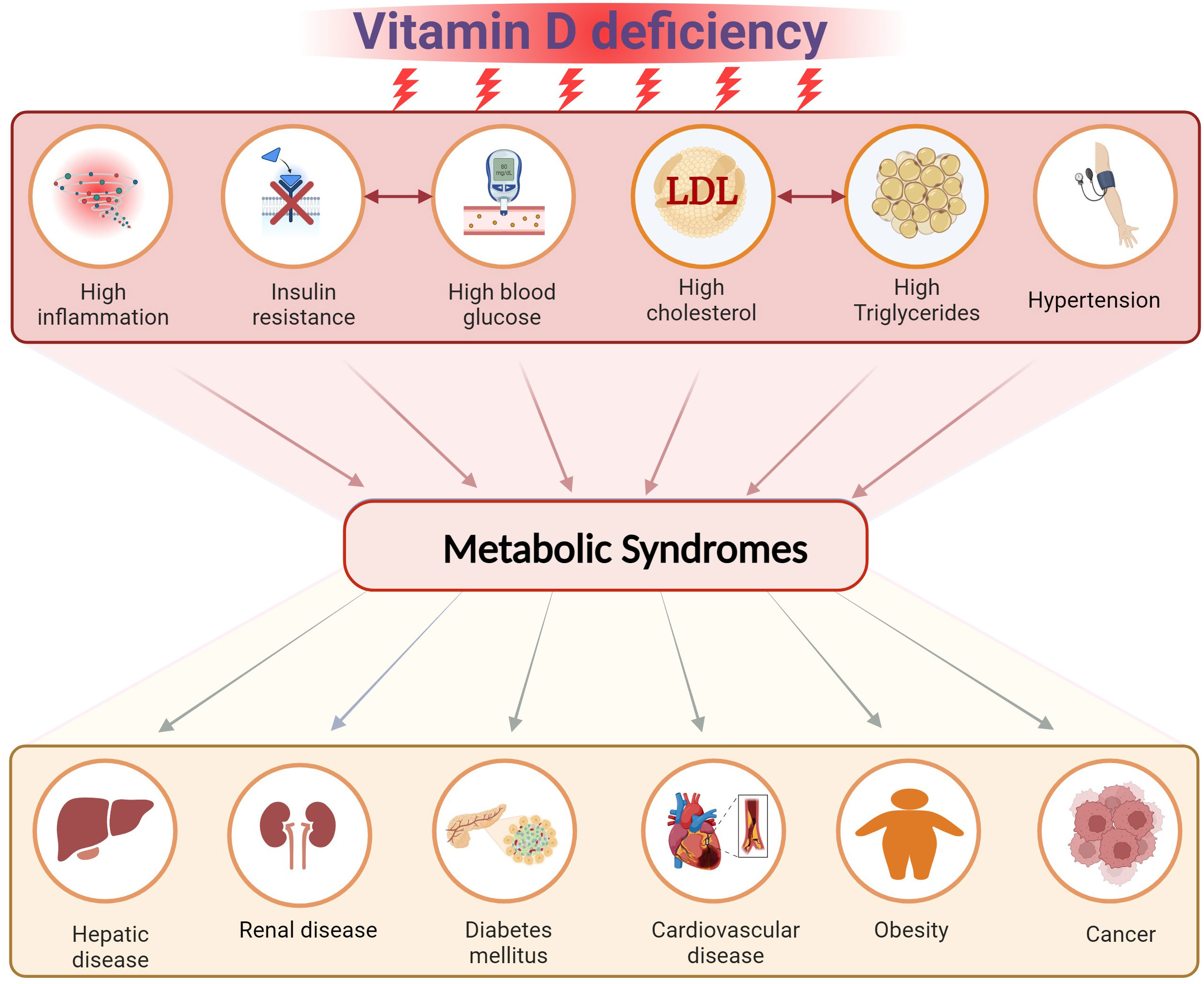Vitamin D is frequently named the "sunlight nutrient," and plays an essential part in different physiological cycles inside the human body. Apart from its notable capability in keeping up with bone health, rising research recommends that vitamin D may also essentially affect lessening the risk of specific sorts of cancer or malignant growth. This article investigates the systems through which vitamin D creates impacts on cancer development and looks at the proof supporting its possible role in cancer avoidance.

The Connection Between Vitamin D and Cancer:
Throughout the course of recent many years, epidemiological investigations have given unquestionable proof that connects the lack of vitamin D to an expanded risk of a few sorts of malignant growth, including colorectal, breast, prostate, and pancreatic cancers. These discoveries have started an interest in terms of understanding the fundamental systems through which vitamin D applies its defensive impacts against malignant growth advancement.
Unlike before, modern Ayurvedic clinics are getting a huge amount of recognition everywhere and that is solely because of their unique methods and effective outcomes. Punarjan Ayurveda Cancer Hospital has put in decades of hard work to stand strong at its current position, in the domain of cancer care and management. The famous Ayurvedic clinic is regarded as one of the Best Cancer Hospital in Hyderabad.
Instruments of Activity:
Vitamin D has capabilities as a steroid chemical that ties to explicit receptors present in different tissues all through the body which include those ensnared in cancer improvement. One of its essential systems includes managing cell development, separation, and apoptosis, which is basically modified cell passing. By regulating these cycles, vitamin D keeps up with the harmony between cell expansion as well as cell passing and subsequently forestalling the uncontrolled development that is common for malignant growth.
Apart from that, vitamin D has been displayed to show mitigating and immunomodulatory properties, which are essential for fighting malignant growth. Chronic inflammation and immune framework dysfunction can be key parts of cancer commencement and movement. Vitamin D manages safe reactions and stifles the development of supportive incendiary cytokines, in this way it establishes a condition that is less helpful for malignant growth development. In addition, rising proof recommends that vitamin D may likewise hinder angiogenesis which is known as the cycle that helps cancers to foster fresh blood vessels to support their development. By disrupting this cycle, vitamin D can hinder the inventory of supplements and oxygen to carcinogenic cells, accordingly stifling harmful growth of cell development and metastasis.
Clinical Proof:
Clinical examinations exploring the relationship between vitamin D levels and malignant growth risk have yielded promising outcomes. For example, a meta-examination distributed has found that people with higher coursing levels of vitamin D had an essentially lower hazard of creating colorectal cancer contrasted with those with lower levels. Essentially, research on breast cancer has shown that sufficient vitamin D status is related to a diminished risk of cancer’s repeat and further developed endurance rates among patients.
Apart from that, randomized controlled preliminaries are known to offer extra help for the defensive role of vitamin D against malignant growth. A landmark study, known as the Vitamin D and Omega-3 Trial exhibited that supplementation with vitamin D fundamentally diminished the frequency of advanced malignant growth among participants, especially among those with a normal weight record (BMI).
Suggestions for General Well-being:
The amassing proof featuring the connection between vitamin D and malignant growth has critical ramifications for general health techniques focused on cancer avoidance. Empowering sufficient sun exposure, dietary admission of vitamin D-rich food sources like greasy fish, fortified dairy items, and mushrooms, and supplementation might assist with advancing vitamin D levels and possibly lessen the chances of getting specific cancer.
Be that as it may, it's vital to work out some kind of balance, as extreme sun exposure can expand the risk of various types of skin cancers. Hence, people ought to rehearse sun protective measures, like applying sunscreen and defensive outfits, while as yet guaranteeing adequate sun exposure to keep up with satisfactory vitamin D levels.
Ayurvedic hospitals are believers in mending methods which are prepared naturally. This is one of the major reasons behind these hospitals, being able to provide side-effect-free treatment to their patients. Punarjan Ayurveda Cancer Hospital is counted among the Best Cancer Hospital in Vijayawada.
Conclusion:
All in all, vitamin D plays a significant part in reducing the risk of specific types of malignant growth through its contribution by controlling cell development, inflammation, immune capability, and angiogenesis. Epidemiological examinations, clinical preliminaries, and mechanistic exploration give undeniable proof supporting the relationship between vitamin D status and malignant growth risk.
Adding various ways to keep up with ideal vitamin D levels, including measured sun exposure, dietary admission, and supplementation, can help in terms of addressing a promising methodology for cancer counteraction and further developing general well-being results. Further exploration is justified to clarify the exact systems hidden in the defensive impacts of vitamin D and to refine proposals for its optimum utilization in cancer avoidance and management.



